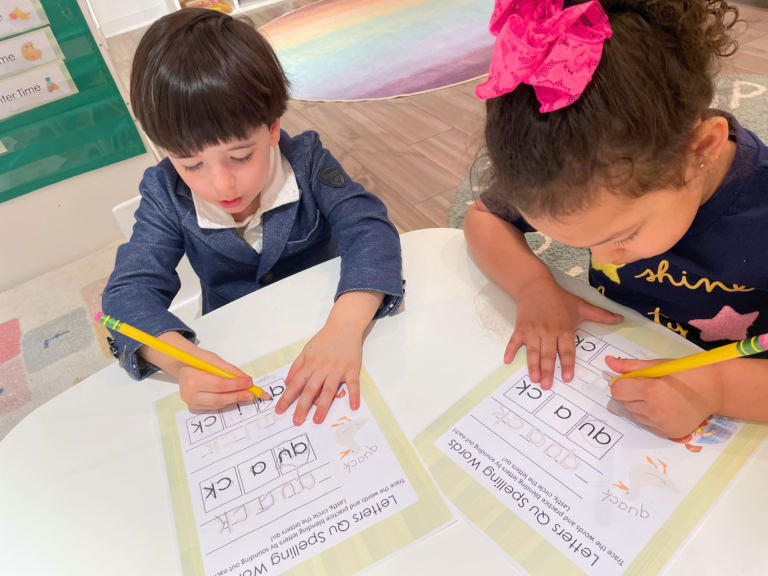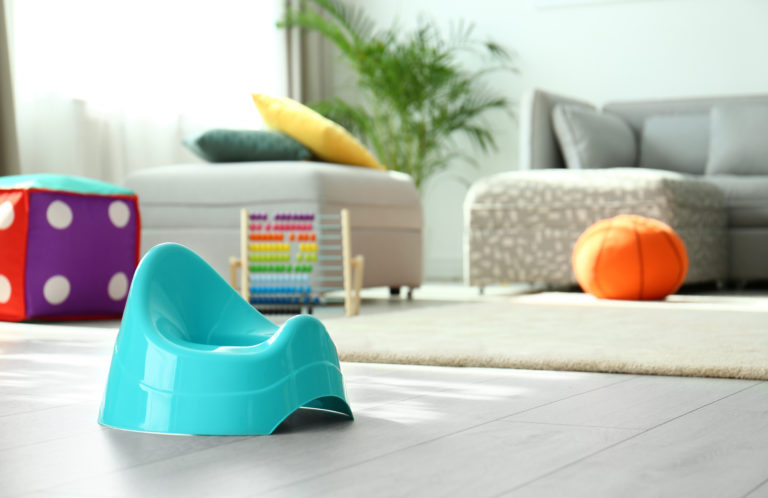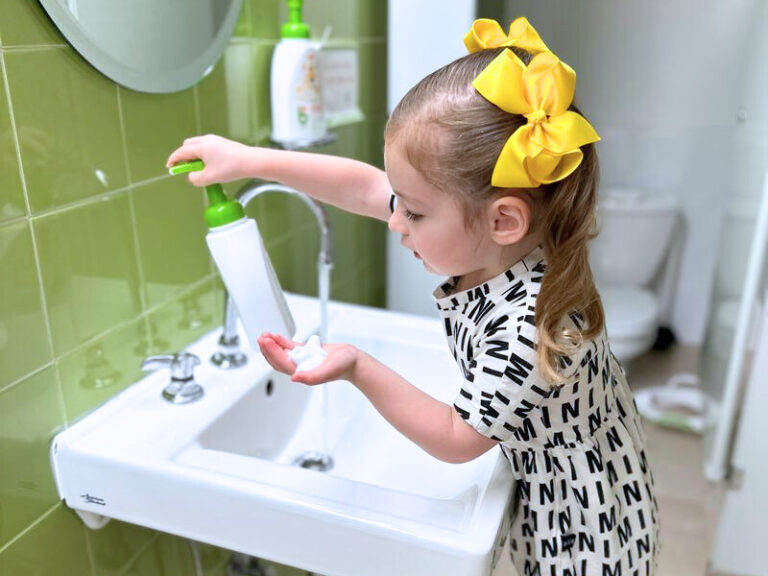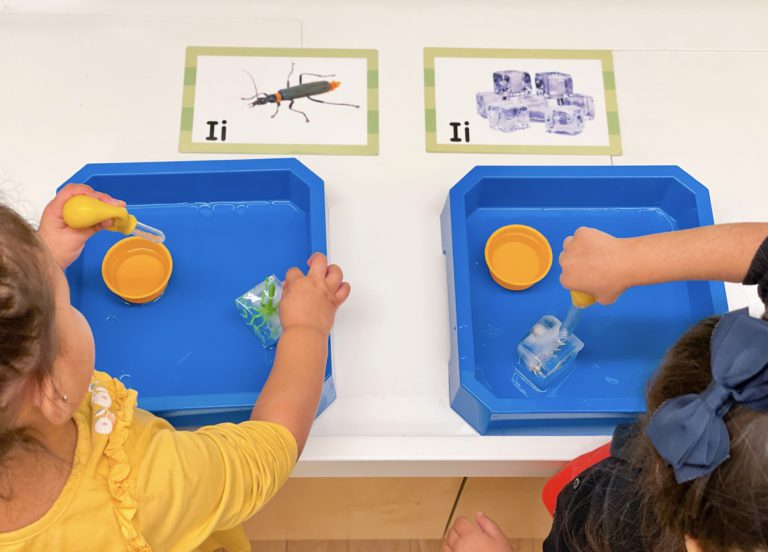Homeschool Support for Your Special Needs Student

If homeschool preschool is the best choice for your family, there are many virtual tools (including through Playgarden Prep Online), that can help you find success with teaching at home. The tools are a great jumping off point, but what will make homeschooling for your student successful? Everyone learns and retains information differently, and for little ones with special learning needs, a homeschool routine and curriculum that supports them is a necessity.
Special Interests
Homeschooling has the advantage of curating your own curriculum, meaning you can include topics that your little one is interested in and teach homeschool preschool lessons with those in mind. If your little one loves dinosaurs, incorporate them into lessons. Add them up to work on math together, learn about the different species, and even practice social skills — maybe two dinosaur figurines have a disagreement and you can work through solutions to solve their problem. This is a chance to get creative! You can also integrate activities that your little one enjoys directly into your curriculum, especially after a challenging lesson, like having some time to draw or mold playdough.
Executive Function Support
Organization, staying on task, tolerating stress, and beginning tasks are among the skills that fall under the umbrella of executive function. For neurotypical people, these skills may come easily. For our friends with any type of neurodivergence, these tasks can be challenging. It feels safe to tackle challenges in a space where they feel safe to make mistakes. When frustration builds, show your little one how you handle the situation and walk through it with them. Consistency and support is key; some skills will be picked up quickly and some will take more time. In addition, have some flexibility with start and end times of your homeschool preschool schedule, as well as time for movement and other physical activity your child may need in order to learn.
Practice Social Skills
One “con” some people may point out about homeschooling is the lack of socializing your little one may have with their peers. However, for children who are learning how to regulate their emotions, you can practice social skills at home through exercises such as role-play. You can even integrate lessons into your homeschool preschool curriculum involving practicing manners, sharing, and working together. If an academic lesson becomes frustrating for your little one with special learning needs, and they start to become emotional, meet them where they are – they may need a break to move their body or a snack and some water. For example, if your little one gets upset and throws a pencil, take a breath with them and explain that is not a safe way to express our frustration. Work together to find a new behavior or a safer way to express that frustration. And if they are able, ask them to pick up the pencil.
Learning How to Self-Advocate
All of this practice at home will prepare your little one for going out into real-world situations. Because we live in a world where a majority of the population are able-bodied/neurotypical, people with any type of disability or neurodivergence have to learn how to advocate for themselves. It may feel overwhelming for your little one with special learning needs at first, but support from their grown-ups will help them take the steps to be brave and ask for what they need or want. Start small and, as they get comfortable, they may start asking for things they need or want without your encouragement. My nearly 10 year-old niece has dyslexia, and her parents, who are also dyslexic, have been practicing self-advocacy with her since her diagnosis. She is able to walk up to her teacher and ask for clarification or extra time because reading and writing takes her a little longer. The more self-advocacy is practiced, the more comfortable your little one will get with asking for what they need to succeed.
With all of this support in homeschool preschool, your little one’s independence will grow and they will build a healthy relationship with their special learning needs, disabilities, and/or neurodivergence!
Popular


Hi, I'm Miss Julia!
Miss Julia has been an early childhood educator for 5 years, with over 10 years of experience working in childcare. She has been teaching at Playgarden Prep since 2017, and is happy to share ideas on some of her favorite early education topics with you! Miss Julia has a BA from UC Irvine, and uses her experience in performing arts to inspire little ones every day in her enrichment classes at Playgarden. In her free time, Miss Julia loves enjoying nature, cooking, and creating with friends.






